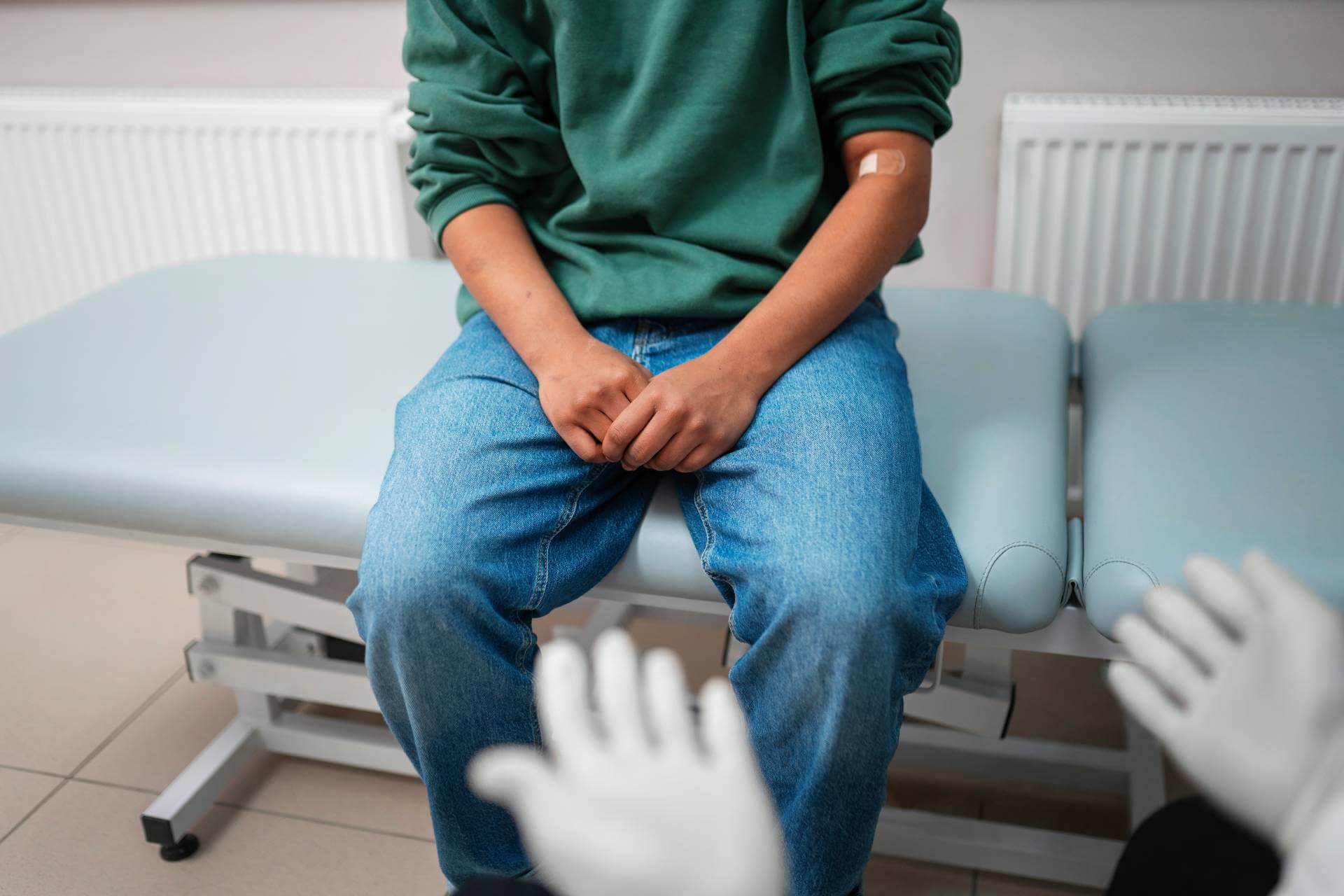A large number of people will likely be diagnosed with hemorrhoids during their life. While the primary source of hemorrhoids might not be known, some factors associated with the condition are pregnancy, obesity, recurrent constipation or diarrhea, and frequent straining during a bowel movement. While often highly uncomfortable, hemorrhoids typically are not a serious concern and effective treatment methods are available to eliminate them.
If you think you may have hemorrhoids, please contact a GI Alliance office near you to learn more about hemorrhoid treatment options. Our practices around the country proudly feature gastrointestinal (GI) specialists who specialize in hemorrhoids and other conditions that impact the digestive tract. Your local digestive health specialists at GI Alliance can provide education on the forms of hemorrhoid treatments that may be used, such as hemorrhoid banding.
How do hemorrhoids form?
Hemorrhoids (also called piles) are enlarged or bulging blood vessels on the anus or in the rectum. Similar to varicose veins located in the legs, hemorrhoids are commonly uncomfortable though generally nonthreatening. Hemorrhoids can be internal or external. Internal hemorrhoids, which are found inside the rectum, typically do not result in pain or discomfort, though they could bleed at times. External hemorrhoids, which are situated under the surface of the skin around the anus, are the type that causes the most pain or discomfort. If a blood clot develops in an external hemorrhoid, it is referred to as a thrombosed hemorrhoid and could be even more uncomfortable or painful. Common signs and symptoms of hemorrhoids include:
- Itching or pain in the anus
- Blood in the stool
- Rectal bleeding
Who is a good candidate for hemorrhoid banding?
Also referred to as rubber band ligation, hemorrhoid banding is a minimally invasive process where a rubber band is positioned around the hemorrhoid’s base. This band stops blood flow to the hemorrhoid and within seven days, the hemorrhoid generally shrinks and detaches. Ideal candidates for this procedure have internal hemorrhoids that routinely bleed or trigger pain and have not been able to alleviate their discomfort with other remedies, like nonprescription medicaments or lifestyle changes. Rubber band ligation for hemorrhoids may not be recommended for individuals affected by inflammatory bowel disease, rectal cancer, a latex allergy, or bleeding disorders.
What is the hemorrhoid ligation process?
The seasoned physicians at GI Alliance routinely provide rubber band ligation for hemorrhoids for patients. The GI doctor places a scope into the anus, and then utilizes an instrument to grasp the hemorrhoid and position a small rubber band around its base. This treatment is typically only conducted for one hemorrhoid at a time except in instances where the patient is under general anesthesia. Refined methods allow this procedure to be nearly painless for the patient even without having numbing agents, but most individuals will have a sensation of fullness in the rectal area over the next day. When the hemorrhoid has been addressed, it typically takes several days for it and the rubber band to detach. Many patients are not even aware of when this occurs.
How successful is hemorrhoid banding?
Hemorrhoid banding is regarded to be much more effective than a number of other hemorrhoid treatments. This procedure is substantially less invasive than a surgical approach and only requires about ten minutes or so when performed by the doctors at GI Alliance. Nearly 80% of individuals treated with rubber band ligation for hemorrhoids will not require additional care. Hemorrhoids addressed with rubber band ligation are substantially less likely to grow back.
Learn more about hemorrhoid banding near you
A number of adults who suffer from hemorrhoids feel embarrassed about seeking medical assistance for this condition. However, hemorrhoid banding is a simple, nonsurgical service that has provided increased comfort to many adults across the United States. To hear more about hemorrhoid banding and other treatment methods for hemorrhoids, contact a GI Alliance facility near you to schedule a consultation with an experienced gastroenterologist.


